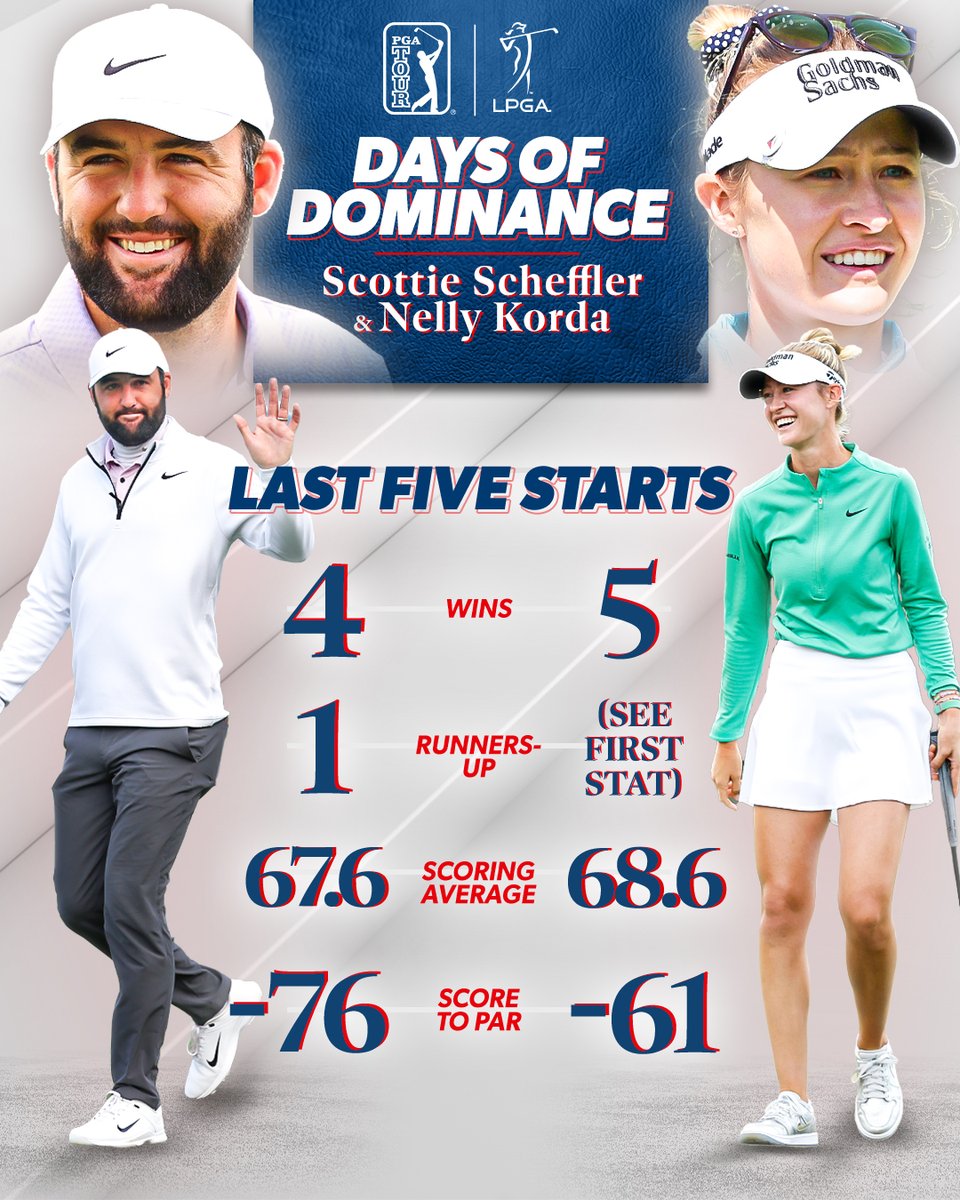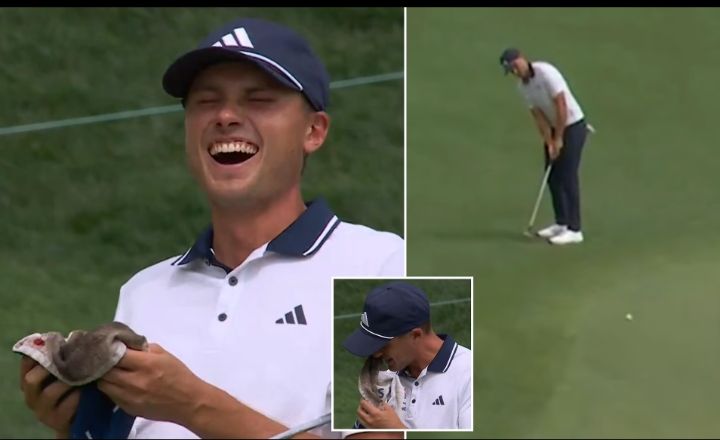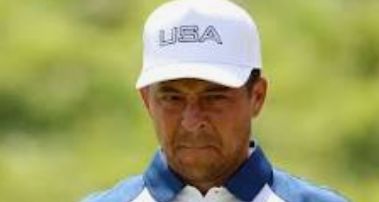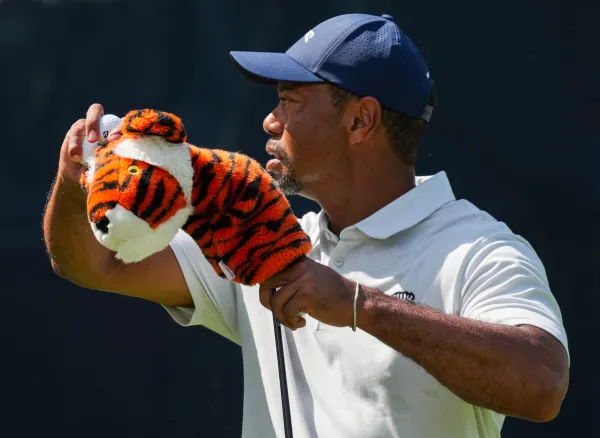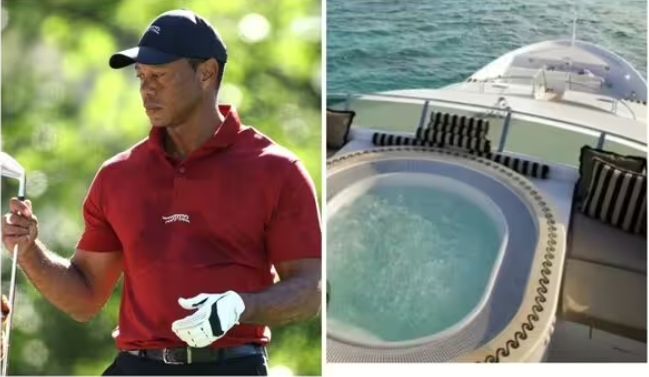Should better golfers consider a more forgiving driver like Nelly Korda and Scottie Scheffler?
The New Era of Forgiveness: Why Even Good Players Should Consider a Forgiving Driver
There was a time not too long ago when the best players in the world swore by the least forgiving drivers, but that era is quickly fading into the past. In 2024, the top players like Scottie Scheffler and Nelly Korda are proving that even elite golfers can benefit from using forgiving drivers designed for the masses. This paradigm shift is reshaping the landscape of professional golf equipment choices.
Forgiveness Finds its Place on the Tee
Scottie Scheffler, currently dominating with the TaylorMade Qi10, and Nelly Korda, opting for the Qi10 Max, have set a new standard by showcasing how forgiveness-focused drivers can enhance performance at the highest level. These players are leading a trend towards forgiveness on the tee box, challenging traditional notions about driver selection.
The Rise of Forgiveness on Tour
A closer look at professional tours reveals a notable surge in the usage of drivers designed for maximum forgiveness. Players like Akshay Bhatia, Alex Noren, and Cameron Champ are among those opting for forgiving drivers with high moment of inertia, emphasizing stability on off-center hits. This shift signals a broader acknowledgment within the professional ranks of the benefits that forgiveness can offer.
Evolution of Driver Design
Advancements in driver technology have played a pivotal role in this shift. Thanks to innovations like weight-saving carbon composite materials, modern drivers can achieve both forgiveness and low spin without compromising playability. The center of gravity (CG) is no longer a barrier, allowing forgiveness-focused drivers to deliver optimal performance even for players with faster swing speeds.
Individualized Performance Optimization
The diversity of driver options available today underscores the importance of individualized club selection. Just as each golfer has a unique putting stroke, their swing characteristics necessitate a tailored approach to driver selection. The key lies in optimizing performance by finding the right combination of shape and CG location that maximizes efficiency and ball flight.
Embracing the Possibilities
The lesson from the success of players like Scheffler and Korda is clear: be open to the possibilities. The era of one-size-fits-all driver selection is over. Whether you’re a high-handicap amateur or a scratch golfer, exploring forgiveness-focused drivers could unlock hidden potential and lead to better performance on the course.
Conclusion
In a game where every yard matters, the decision to switch to a forgiving driver should not be overlooked. As the best players in the world continue to demonstrate, forgiveness is not just for beginners—it’s a strategic advantage that can elevate anyone’s game. So, next time you’re on the hunt for a new driver, consider giving forgiveness a try. You might just be surprised by the results.
